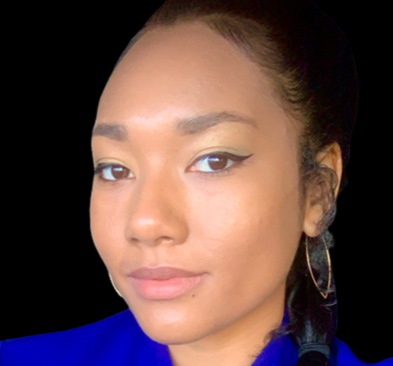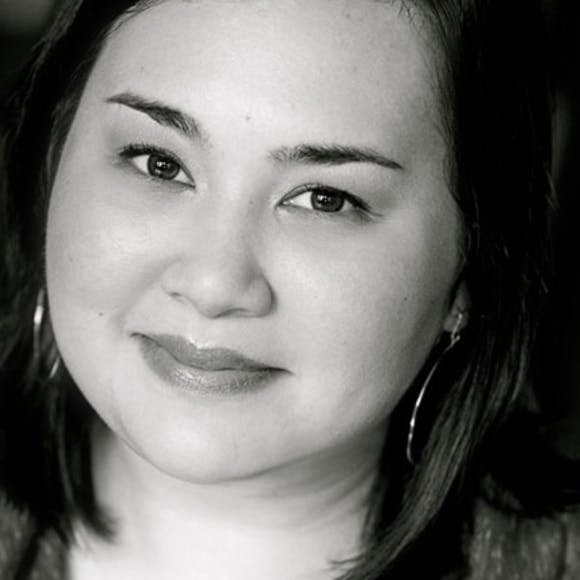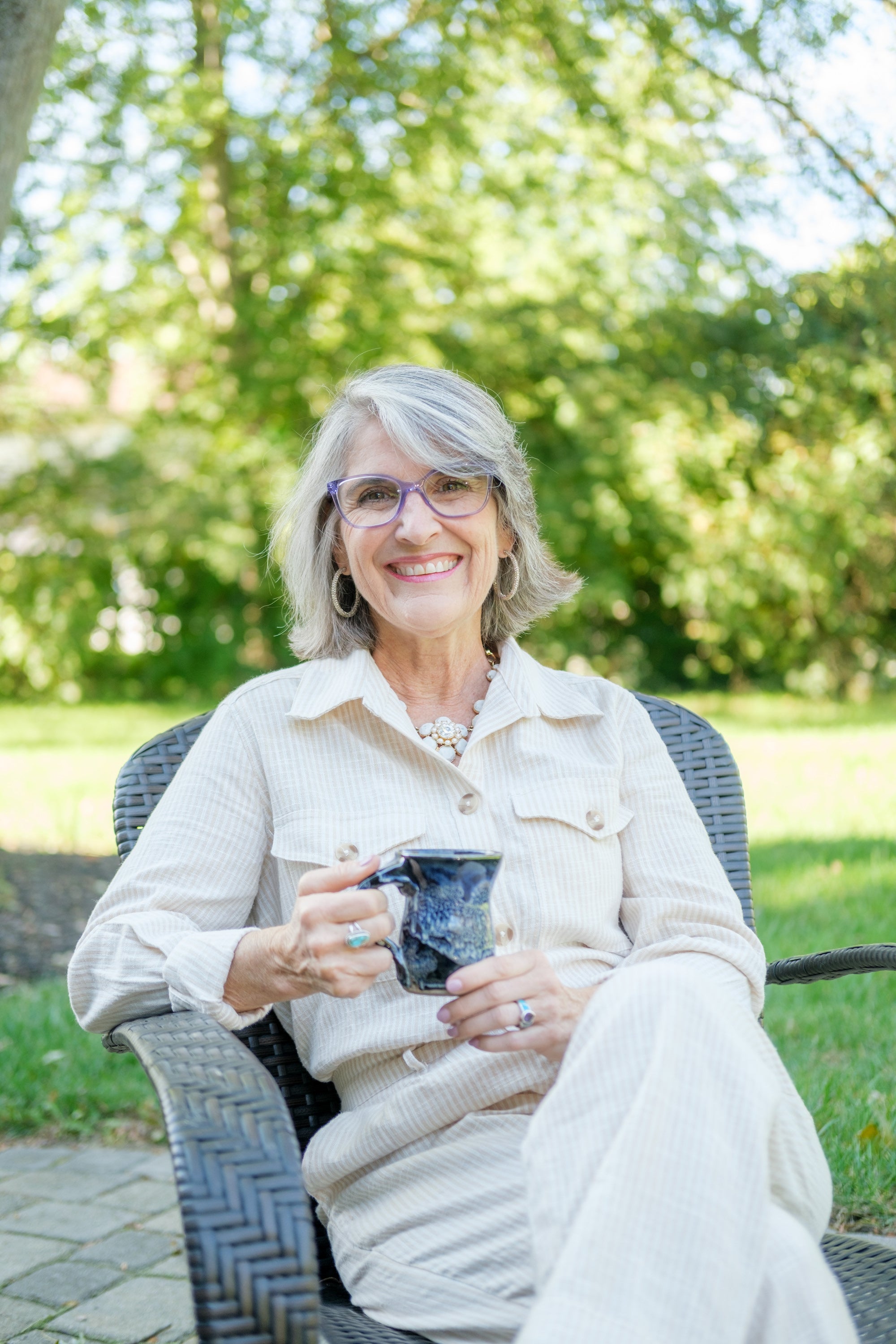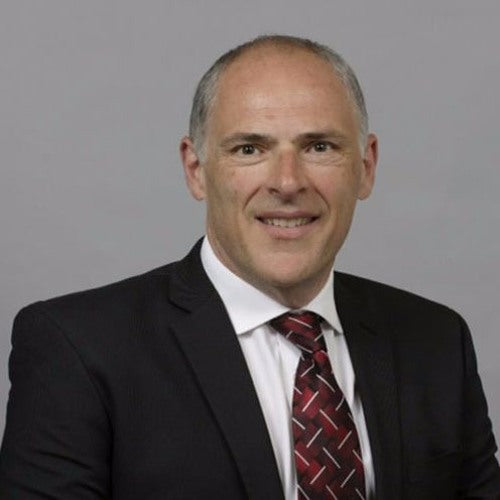Book: Stray City

Author: Chelsey Johnson
Author Bio:
Chelsey Johnson’s debut novel Stray City came out with Custom House/HarperCollins in 2018, and her stories and essays have appeared in Ploughshares, One Story, and NPR's Selected Shorts, among others. She received an MFA from the Iowa Writers’ Workshop and a Stegner Fellowship from Stanford, as well as fellowships to the MacDowell Colony, the Virginia Center for Creative Arts, and Signal Fire Arts. Born and raised in northern Minnesota, she now lives in Flagstaff, Arizona, where she is an assistant professor of English at Northern Arizona University. A second novel is in the works. (source:www.chelseyjohnson.com).
1. How much of your transition into adulthood is mirrored in the “Stray City” story?
Even though Andrea's storyline is very different from my own individual path, my transition into adulthood is so intertwined with that of my friends and partners and exes and community that I think Stray City mirrors quite closely what I experienced. We came of age together. We broke in crucial ways from our places and families of origin and formed our own stray families of animals and people. I can't imagine who I would have become without them, and that is an essential part of Stray City's premise.
2. What makes the City of Portland, Oregon so special, and why was it an excellent backdrop for “Stray City”?
Ten, twenty years ago, when I lived there and when the book takes place, Portland was cheaper and grittier and under the national radar, and that's the time I tried to capture in the book, when you could afford to f*** up, to not have a degree, and still make your own life and your own art. The city used to feel very remote from the rest of the country. You could disappear there, you could hide out and incubate.
So all these micro-cultures had the space and the conditions to thrive. Portland has a reputation now for being twee and smug and lefty-bourgeois and overwhelmingly white, and to be fair it's certainly earned that. But in my reality, the city I knew intimately--the Portland of rock camp, public schools, community college, queers, truly DIY musicians and artists and filmmakers, sex workers, my sweet scrappy neighborhood, people who are grappling directly with the city's troubling racist and settler history-- was (and still is) more diverse and complex than its new upscale image.
3. This story is very unique due to your ability to maneuver between gender norms and sexuality, how difficult was it for you to tell a story that felt authentic to yourself as well as the culture?
Telling a story that felt authentic to me was not difficult, because I was writing from the lived experience, my own and others'. Anticipating its reception was the tricky part because people really love to cleave to a clear, single-track identity, especially when it comes to sex and relationships. I wanted to refuse the idea of purity in identity, even though I understand where the desire for that comes from.
4. You do a superb job of making the character Ryan feel like a minority in a tight-knit group, was this your goal?
As a straight cis white guy, Ryan gets to enjoy the dominant majority position in pretty much every other arena of American life—including, of course, the long legacy of literary protagonists—so putting him in the rare situation where his cultural capital is useless was not only true to what would happen in real life, but good for the story. So, yes.
5. What is the “Lesbian Mafia” and is it a real-life syndicate?
The Lesbian Mafia is not technically a real thing, but it is sort of a real thing. I made it up for the novel, riffing on iconic groups like the Lesbian Avengers and the Lavender Menace and expanding their scope to an entire community. "All lesbians are in the Lesbian Mafia" is the first rule of the Lesbian Mafia. That idea is all-inclusive and well-intentioned, but what happens when the term "lesbian" turns out not to be so stable?
6. You recently said that it felt like you ”had this little invisible army of Facebook commenters looking over my shoulder while I wrote”, do you think that invisible army was satisfied with how the book turned out?
Are they ever satisfied? Are they even real, or are they just my own spectral editorial self-saboteurs? I don't know! I'm sure there are haters. But I can live with that. The book has gotten a lot of love from readers and writers whose opinions I value tremendously, and that sustains me.
7. What do you want readers to take away from “Stray City”?
Pleasure and pain. (In a good way.)
8. What was your writing process like for this book?
Long and erratic. Bursts of optimism and troughs of despair and stretches of dogged persistence, with a few vital shots of institutional support.
9. You are also a college professor, what is the most liberating thing to you about teaching young minds?
One thing I love about the classroom is the depth and intricacy of our conversations about how to write—how to tell a story, craft a sentence, evoke a feeling, terrify, entertain, shape a thought. Since I started teaching I've become a much better writer, and I've had so much pleasure in my students' company. Each class becomes its own special micro-community, a social and aesthetic ecosystem. The students open so many worlds to me.
10. “Stray City” is a wonderful debut, do you plan to write any more books in the future?
I am writing another novel that takes place in the present or very near future and involves wolves. So far, it feels very different from Stray City. So I feel like I have to learn how to write a novel all over again. But I like that. The struggle is what leads to discovery!
Places To Find More From This Author:
Twitter: @chelseyhotel
Instagram: @stray_city
Facebook: Chelsey Johnson
Website: www.chelseyjohnson.com
Get Your Copy Of Stray City: A Novel Today!







